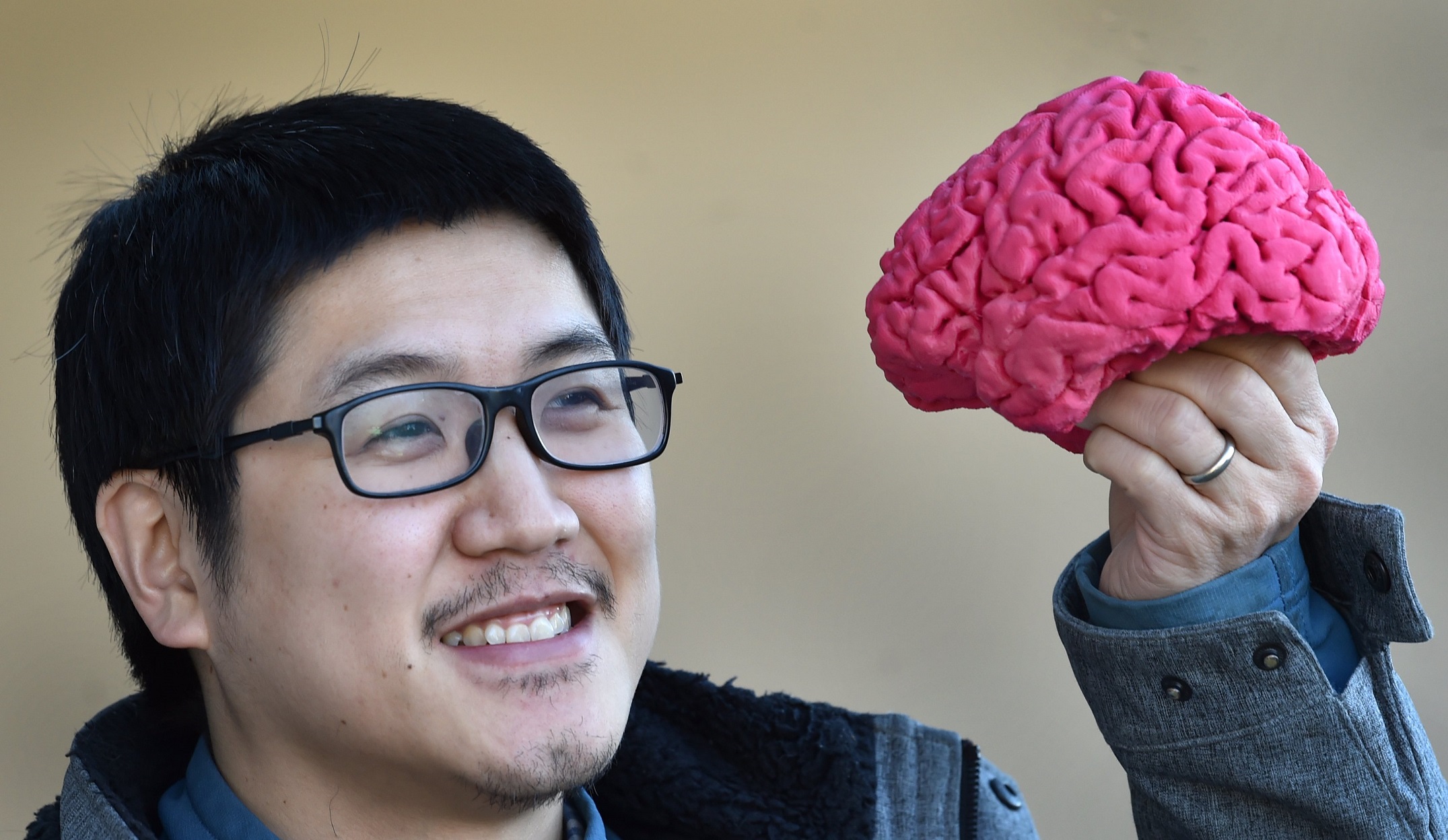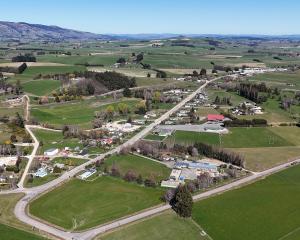
University of Otago psychology researcher Dr Narun Pat said the disorders were detected using "biomarkers" on the brain, but the biomarkers being used at present have predominantly been collected from the brain scans of non-diverse populations — mainly people of European descent.
"This has created an ethnicity bias - the biomarkers do not necessarily apply well to people not of European descent.
"This is similar to the cases where artificial intelligence is not very good at detecting the faces of minorities, given that it is mainly trained on the faces of people of European descent.
"For science to ensure equitable benefits for all, it needs to reflect the uniqueness of each of the world’s populations."
Dr Pat said the researchers were now studying large sets of data containing greater ethnic diversity.
"Brain scientists have now collected tens of thousands of brain-scan images, aiming to develop biomarkers for various debilitating brain disorders, such as Alzheimer’s and schizophrenia.
"Having the biomarkers for mental and neurological health will allow scientists and clinicians, for instance, to detect the disorders earlier, or to test for the efficacy of new treatments."
He said the research was being funded by the Health Research Council Explorer Grant and the Neurological Foundation of New Zealand Project Grant, and a team of psychologists, MRI physicists and computer scientists had been formed, not only to examine the ethnicity bias, but also to reduce it.
"Building on our previous MRI work, we will, for instance, develop new AI algorithms and use different types of brain-scan images to deal with this bias."
Given the sheer size of the brain-scan data the team was dealing with and the complexity of the algorithms, the process may take time, he said.
"But with our use of national and local supercomputers - for instance, the New Zealand eScience Infrastructure - we hope to complete the project within three years.
"If we succeed, we will have a new paradigm to ensure the benefits of the biomarkers for mental and neurological health for diverse populations."











